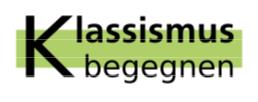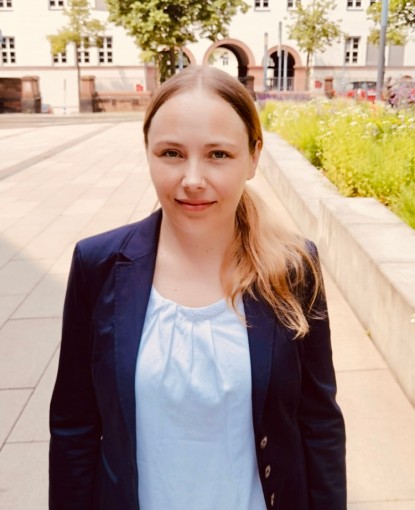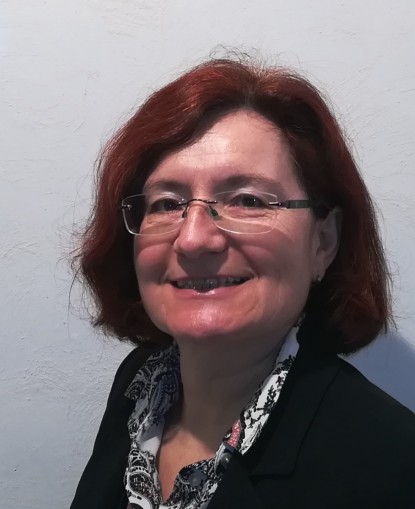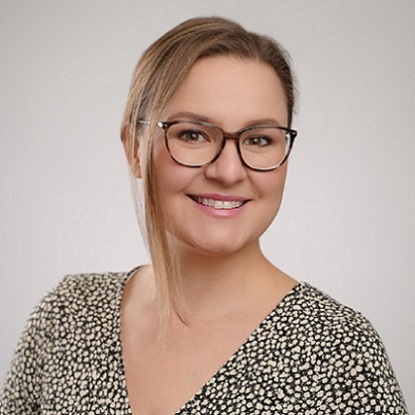Conference venue: Old main building S103/123
The registration table is located in room 121

The zQSL-funded (LeNA) project addresses classism from an intersectional perspective as a form of discrimination and exclusion in the education and university system. The aim of the project is to visualise and raise awareness of inequality mechanisms in various educational sectors with a particular focus on studying and university. In addition to an inequality-sensitive teaching programme, regular university-wide workshops and training courses on social inequality and classism in the university context are offered and a conference with student participation is being prepared for March 2024.
This is a cooperation project between the “Pedagogy in Digitality” department and the “Practice Lab” department.
Contact: klassismus_begegnen@pl.tu-…
Work area: Praxislabor








